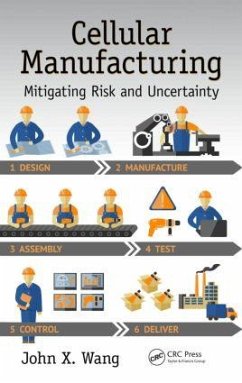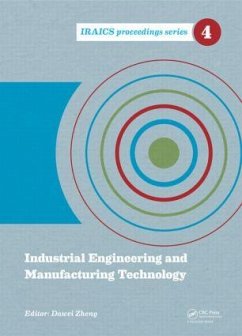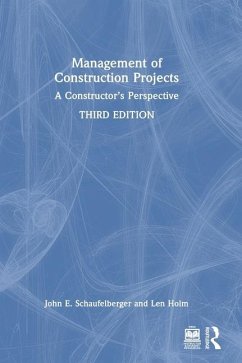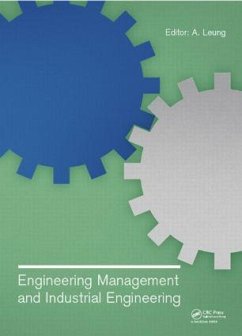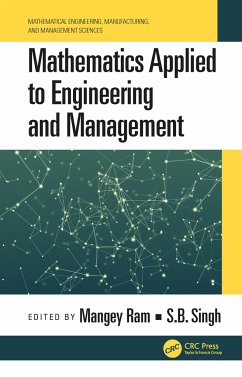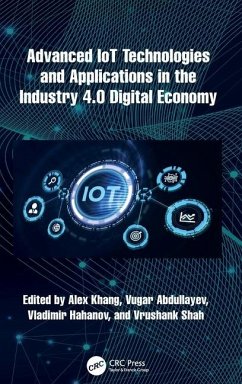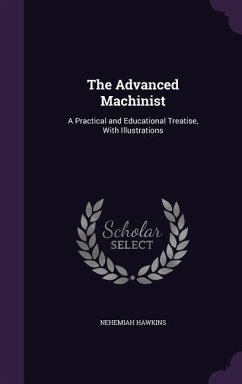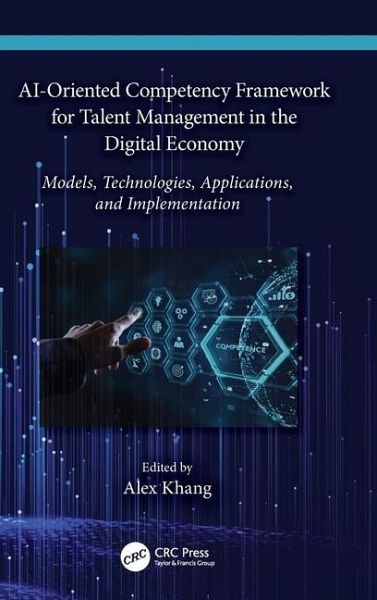
AI-Oriented Competency Framework for Talent Management in the Digital Economy
Models, Technologies, Applications, and Implementation
Herausgeber: Khang, Alex
Versandkostenfrei!
Versandfertig in über 4 Wochen
214,99 €
inkl. MwSt.

PAYBACK Punkte
107 °P sammeln!
This book discusses all the points of an AI-Oriented Competency Framework which includes predictive analytics, advisory services, predictive maintenance, and automated processes, which help to make the operations of project management, personnel management, or administration more efficient, profitable, and safe.





